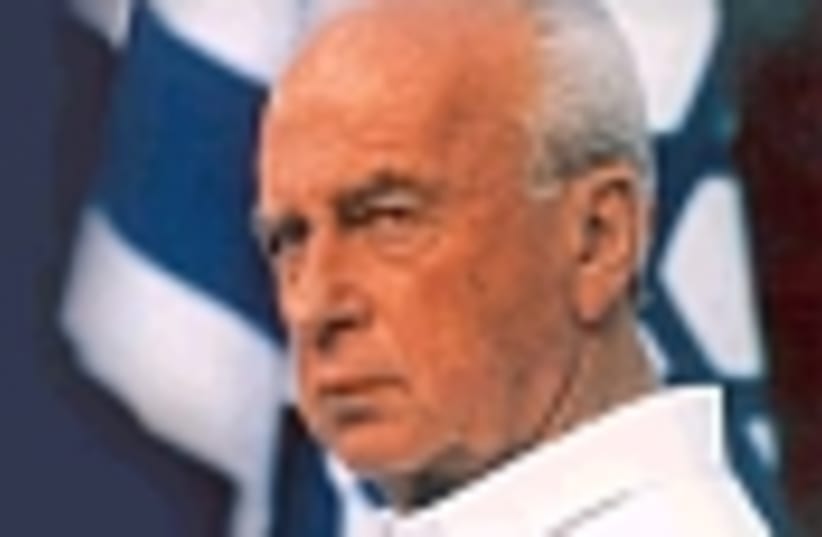| More about: | Yitzhak Rabin, Shimon Peres, Palestinian National Authority, Carmi Gillon |
Rabin rally's top cop: Unaware of threat
Lt.-Cmdr. (ret.) Ya'acov Shoval lashes out at the Shin Bet.


| More about: | Yitzhak Rabin, Shimon Peres, Palestinian National Authority, Carmi Gillon |